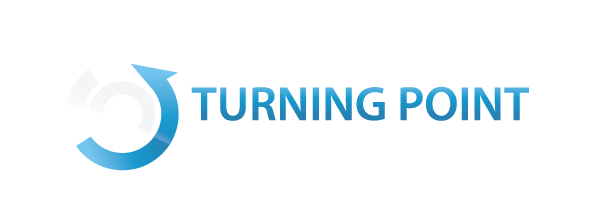
ARTICLE BY Richard Peachey
Article from TheHRDirector. Full article can be found at: https://www.thehrdirector.com/cope-with-conflict-during-covid-19/
Dealing with workplace conflict can’t be put on hold. The COVID-19 lockdown period will bring many moments of sympathy and community among employees working remotely – but inevitably it will also mean flashpoints. Shocks of change. Constant uncertainty. Sudden shifts of workload and taking on responsibilities to adapt to new conditions.
HRDs need to acknowledge, first of all, the potential for tensions in relationships, both continuations of ongoing situations, a mismatch in personalities, bullying; as well as newly-created grievances. Digital communications make remote working possible, but create limitations when it comes to mutual understanding, the nuances of rapport. Reliance on email and messaging in particular only serves to encourage hasty communication, poorly expressed ideas that are open to interpretation. In other words, they’re channels that can encourage anxiety.
It’s important for HR departments to remember and actively promote the use of services already in place that can all be delivered remotely. EAPs for helping employees start a conversation about their personal, family and financial issues during the lockdown and its aftermath – all still up and running (EAP counsellors and psychologists have been recognised as having ‘key worker’ status). Mediation is already a service that can – and is – carried out online via video conferencing. And, for example, we have experience of delivering more than 100 investigations remotely each year internationally.
For employees working from home, many of them for the first time, the hardest part of their new routine will be the lack of communication: the everyday conversations, feedback and reassurance. Work is a social practice. We’re all being encouraged to stay in touch with family and friends though the social distancing period, and that needs to include networks of employee colleagues.
Line managers need to be supported in making sure the lockdown is remembered as a period of good conversations in a company – where no-one is left feeling remote, stewing with worries – but when, if anything, more people were talking. Conversations were open. There was empathy. Most importantly of all, there was an ongoing and increasing level of trust. It’s times like this that employee engagement for the long haul is won or lost.
Conversations won’t always be straightforward, there’ll be challenge and grievances, and managers need to pay attention to their levels of ‘conversational integrity’ – how they go about making sure they are listening, have self-awareness and empathy, and are able to deal with conflict rather than just look for ways to avoid it.
Everyone wants normal life – what already feels like an unappreciated, golden age of freedoms – to return as quickly as possible. What’s critical is that the work to restore normality isn’t undermined by employee relations issues, when there has been time and opportunity for more, and more thoughtful, workplace conversations.
If you need help, contact us at 604.353.5100


